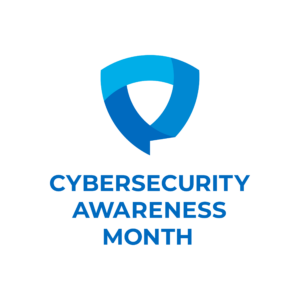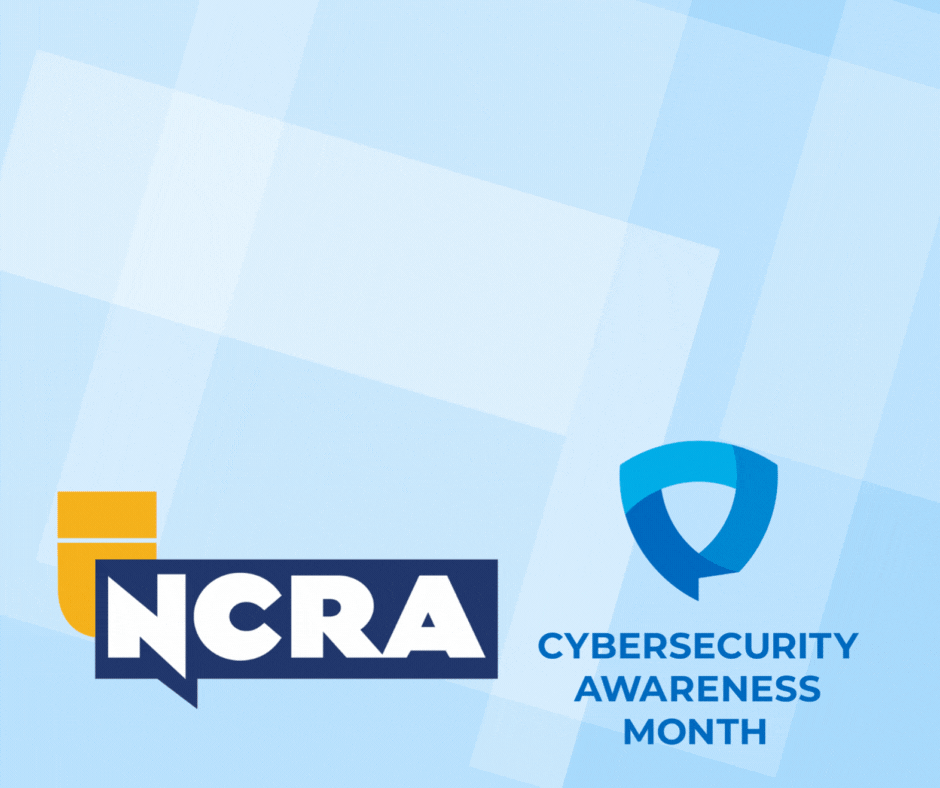If you’ve read the news lately, you may be feeling the pressure to get your holiday shopping done early. The shipping ports are backed up, the supply chain is clogged, mail service is slow, and the shelves are emptying out. You may want to rush online or out to the stores to get those gifts, but take the time to protect your wallet and your identity. Follow these safety tips during this hectic shopping season.
Online shopping
Shopping online is definitely a convenient way to avoid the holiday crowds while getting a lot done in a short amount of time. But cyber scams ramp up during the holidays, especially around Black Friday and Cyber Monday. One way cybercriminals may try to trick you into providing your personal and financial information is to create fake online websites. These websites may look similar to those of chain retailers you are used to doing business with or appear to be legitimate but beware. Hackers may also send you phishing emails disguised as holiday sales announcements but are in reality just a way for you to click on their nefarious links that lead to their fake websites or payment accounts. Another particular scam that seems to crop up during the holidays is hackers misrepresenting themselves as charities asking for credit card donations through their own websites, emails, and texts.
How to protect yourself
- Never look for online sales using search terms like “Black Friday” or “Cyber Monday”: always go straight to a familiar retailer’s website.
- If you do get an email from a retailer regarding a sale, go directly to the retailer’s website rather than clicking on a link in the email.
- Only use trusted vendors and always read customer reviews before making a purchase.
- Before making any purchase on a website, check that it is a secure site with a URL that begins with “https.”
Brick-and-mortar shopping
If you do head out to the stores or malls, there are additional dangers you will want to avoid. Most of us have stopped at a coffee shop, restaurant, hotel lobby, or mall kiosk to charge our phones, but these public phone outlets can be a trap. “Juice jacking” can occur when an outlet has been hacked, compromising your phone and the data stored on it. Hackers can gain access to your photos, emails, contacts, and more. Similarly, free public WiFi such as that available in malls, stores, and airports is not secure. Information sent over a public network can be monitored, read, and downloaded. Another scam to look out for is credit card skimming. Credit card skimming can occur anywhere with a credit/debit card reader, such as at a checkout counter, an ATM, or a gas station. A skimmer is a malicious card reader which has been physically placed over a regular credit card or ATM slot with the purpose of stealing a user’s information.
How to protect yourself
- Avoid charging your phone using a public outlet. An alternative is to use a portable battery pack or purchase a charging cord that is specifically designed to charge a phone but not transfer data.
- If using public WiFi, only visit sites with an encrypted URL (beginning with https). If possible, use a computer with a VPN (virtual private network) that protects your data and privacy.
- When using a credit/debit card or the ATM machine, physically feel or look for a skimmer placed over the slot. When entering a pin number, shield the keypad from any potential cameras that may have been placed in the surrounding area.
There is no reason to avoid hot holiday shopping deals or to stay home and miss the joy of the season. Just make sure to take precautions to protect your personal and financial information. And no matter what time of year it is, it’s always a good idea to regularly run antivirus and anti-malware software on your computer and to check your bank and credit card statements frequently for suspicious activity.











